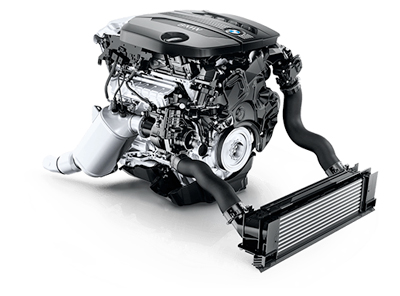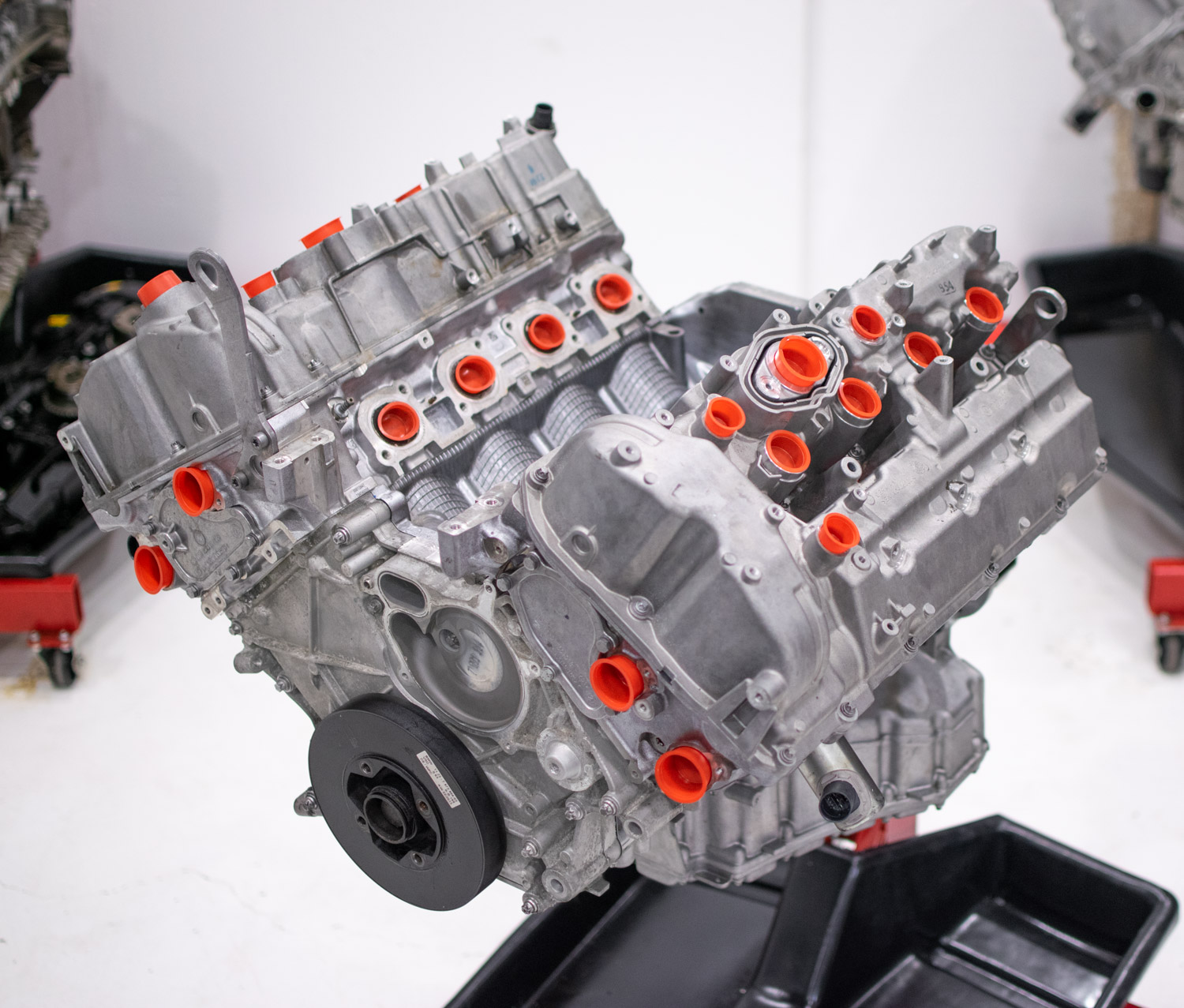Just how to Keep Your BMW Engine for Optimum Efficiency and Longevity
Just how to Keep Your BMW Engine for Optimum Efficiency and Longevity
Blog Article
Introducing the Intricacies of Next-Generation Power Units: a Deep Study Advanced Engine Developments and designs
In the realm of automobile engineering, the relentless pursuit of sustainability, performance, and performance has propelled the evolution of power systems to unmatched heights. As we stand on the precipice of a brand-new age in transportation, the complexities of next-generation engine designs bid us to discover the innovative innovations and developments that promise to redefine the driving experience. From innovative products that push the borders of longevity and weight decrease to advanced turbocharging and turbo charging systems that raise power outcome to brand-new levels, each element of these power units holds a vital to unlocking the future of automotive design. Digging deeper right into the realms of exhaust control, intelligent engine monitoring systems, and the perspective of power unit growth, we find ourselves on the cusp of a transformation that guarantees to reshape the landscape of flexibility as we understand it.
Advancement of Engine Materials

The change in the direction of advanced engine materials has likewise allowed designers to make engines with greater power outputs while maintaining fuel effectiveness requirements. As an example, making use of light-weight products reduces the overall weight of the engine, resulting in enhanced gas economic situation and reduced emissions. In addition, advancements in products modern technology have actually enabled far better thermal administration within engines, leading to boosted dependability and longevity.
Turbocharging and Supercharging Technologies
Just How do Turbocharging and Supercharging Technologies change engine efficiency and efficiency in modern-day automobiles? Turbocharging and supercharging are modern technologies that substantially improve engine efficiency by raising the quantity of air consumption into the burning chamber. Turbocharging achieves this by making use of a generator driven by exhaust gases to pressurize the intake air, while turbo charging utilizes a belt- or chain-driven compressor to achieve the very same effect.
These modern technologies allow smaller, a lot more fuel-efficient engines to produce power equal to larger ones, referred to as downsizing. By forcing even more air into the cyndrical tubes, turbocharging and supercharging improve burning effectiveness, causing raised horse power and torque output without a substantial increase in engine dimension. This leads to much better velocity, towing capability, and total driving performance.
In addition, turbocharging and supercharging add to improved gas performance by allowing the usage of smaller sized engines that consume less gas under normal driving conditions - bmw engine. This mix of boosted performance and performance has actually made turbocharging and supercharging important components of lots of modern-day engine styles
Exhaust Control and Environmental Impact
With boosting international concerns relating to air quality and environmental sustainability, the execution of emission control technologies in automobiles plays a critical role in lowering dangerous contaminants launched into the atmosphere. Modern automobiles are geared up with advanced emission control systems that help lessen the ecological effect of automobile operations. Catalytic converters, for example, are designed to convert hazardous gases such as carbon monoxide gas, nitrogen oxides, and hydrocarbons into much less damaging materials like carbon dioxide and water vapor.
Moreover, developments in engine innovation, such as the integration of exhaust gas recirculation systems and careful catalytic reduction, have dramatically added to reducing discharges. These innovations operate in tandem to optimize burning performance and decrease the launch of damaging contaminants into the air. In addition, the growth of hybrid and electric lorries stands for a critical action towards reducing the total ecological footprint of the transportation sector.
Intelligent Engine Monitoring Solution

In addition, these systems allow vehicles to fulfill rigid emissions criteria without jeopardizing efficiency, offering a more eco-friendly driving experience. web link The assimilation of synthetic knowledge and maker knowing capabilities in engine monitoring systems continues to press the borders of what is feasible, resulting in further enhancements in performance, dependability, and general lorry performance. bmw engine. As automotive innovation advances, intelligent engine monitoring systems will play an essential function in shaping the future of transportation in the direction of an extra reliable and lasting direction
Future Trends in Power Unit Advancement
As smart engine management systems lead the way for improved control and optimization in contemporary lorries, future trends in power unit advancement are poised to redefine the landscape of vehicle propulsion modern more technologies. Among the key trends driving development in power system advancement is the change in the direction of electrification. With a raising concentrate on sustainability and decreasing carbon emissions, hybrid and electrical powertrains are coming to be extra widespread in the automotive industry. These alternative power sources offer improved efficiency and performance while aligning with stringent environmental regulations.
One more considerable trend is the integration of innovative products and manufacturing techniques. Light-weight materials such as carbon fiber and aluminum are being made use of to minimize general vehicle weight, boosting fuel efficiency and efficiency. Furthermore, developments in 3D printing and additive manufacturing are making it possible for the production of complex engine parts with higher precision and resilience.
In addition, expert system and equipment discovering are playing a critical duty in enhancing power device performance. These technologies allow for real-time surveillance and adaptive control, leading to extra trustworthy and efficient power distribution. In general, future fads in power system growth are geared in the direction of sustainability, effectiveness, and efficiency, driving the vehicle market towards a new period of propulsion innovations.

Conclusion
In verdict, the improvements in browse around here engine products, turbocharging, discharge control, and smart administration systems have actually led the way for next-generation power units. These advancements have not only enhanced efficiency and efficiency however also minimized ecological effect. As modern technology remains to progress, future fads in power unit advancement are most likely to concentrate on additional boosting sustainability and optimizing power outcome. The detailed designs and developments in modern-day engines showcase the ongoing development of auto technology.
Discovering the dynamic innovations in engine materials has been critical in enhancing the performance and effectiveness of contemporary engines. Over the years, the development of engine products has actually played a critical duty in pressing the borders of what engines can attain.The change in the direction of progressed engine products has actually also made it possible for designers to design engines with higher power outputs while maintaining gas performance criteria.The execution of smart engine monitoring systems in modern-day automobiles has actually reinvented the method engines are managed and optimized for performance and performance. By accumulating information in real-time and evaluating it with advanced algorithms, smart engine administration systems can adapt to driving styles, ecological variables, and engine health and wellness to make the most of power output while minimizing fuel intake and exhausts.
Report this page